If you’re looking to build a fuller, more defined chest—while also improving shoulder stability and muscular control—cable machines offer unmatched versatility. Unlike traditional barbell or dumbbell presses, cable chest exercises keep constant tension throughout the entire range of motion. That means better muscle activation, especially during both the concentric and eccentric phases of each rep.
This guide breaks down effective cable chest variations, routines, and training tips that can level up your chest training—whether you're after size, symmetry, or endurance.
Why Cables Work So Well for Chest Training
Cables offer something free weights can’t: consistent resistance across the full movement. With a barbell, you’re strongest in the middle of the lift. But with cables, the tension remains constant at the start, midpoint, and finish. That makes them perfect for isolating stubborn muscle fibers and polishing your form.
They’re also incredibly joint-friendly. If you’ve ever had shoulder pain during barbell bench presses, switching to a cable chest and shoulder workout can reduce strain while still building strength.
Top Cable Chest Exercises for Complete Development
1. Cable Fly (High, Mid, Low)
The classic cable fly remains a staple for chest isolation. Adjust the pulley height to target different angles:
-
High-to-low cable fly: Emphasizes the lower chest.
-
Mid-cable fly: Hits the middle chest fibers directly.
-
Low-to-high fly: Targets the upper chest.
Control is everything. Keep a slight bend in the elbows and focus on squeezing your pecs together, not just moving your hands.
2. Single-Arm Cable Chest Fly
One of the most underrated chest exercises with one cable, this variation allows you to focus on unilateral imbalances. It also forces your core to stabilize, turning a chest move into a mini full-body challenge.
3. Underhand Cable Chest Raise
Sometimes called an under chest cable workout, this move involves pulling from low to high with an underhand grip. It emphasizes the lower and inner chest. Keep reps smooth and avoid using your biceps to cheat.
4. Cable Rope Chest Crossover
Swap the handles for a rope to unlock a unique challenge. A cable rope chest workout requires greater control, which helps hit deep stabilizer fibers. Use moderate weight and concentrate on the squeeze.
5. Cable Chest Pulldown
Yes, cable pulldown chest exercises exist—and they’re powerful. Set the pulleys high and pull diagonally downward toward your hips. This move engages the upper and outer chest fibers, while also lighting up your core.
A Well-Rounded Cable Chest Workout Routine
Try this balanced cable chest workout routine twice per week:
-
Mid-Cable Fly – 3 sets x 12 reps
-
Underhand Cable Raise – 3 sets x 10-12 reps
-
Single-Arm Cable Crossover – 3 sets x 12 each side
-
Rope Chest Fly – 3 sets x 10 reps
-
Cable Chest Pulldown – 3 sets x 10 reps
Keep rest between 45–60 seconds to keep the intensity high.
Cable Chest Combinations for Superset Training
Cable machines also lend themselves well to supersets—especially for pairing opposing muscle groups. Try combining a chest and back cable workout for upper-body volume or a chest and shoulder cable workout to save time and boost metabolic burn.
Here’s an example superset:
-
Cable Chest Fly + Rear Delt Cable Fly
-
Single-Arm Chest Press + Cable Lateral Raise
My Go-To Tip from the Trenches
Years ago, I struggled to feel my chest during pressing movements. I was lifting heavy but had minimal growth. It wasn’t until I started incorporating cable chest extensions and cable chest variations with lighter weight and strict form that I finally unlocked the mind-muscle connection. Even now, when my joints are beat up from heavier training, I go back to cables to stay sharp and pain-free.
Final Thoughts
Cable workouts aren't just an accessory—they can be the foundation of a solid chest training plan. Whether you're training for aesthetics, functional strength, or long-term joint health, the cable chest workout machine gives you the control, tension, and adaptability you need.
Take your time mastering the form, don’t chase numbers, and focus on connection over contraction. Your chest—and shoulders—will thank you.


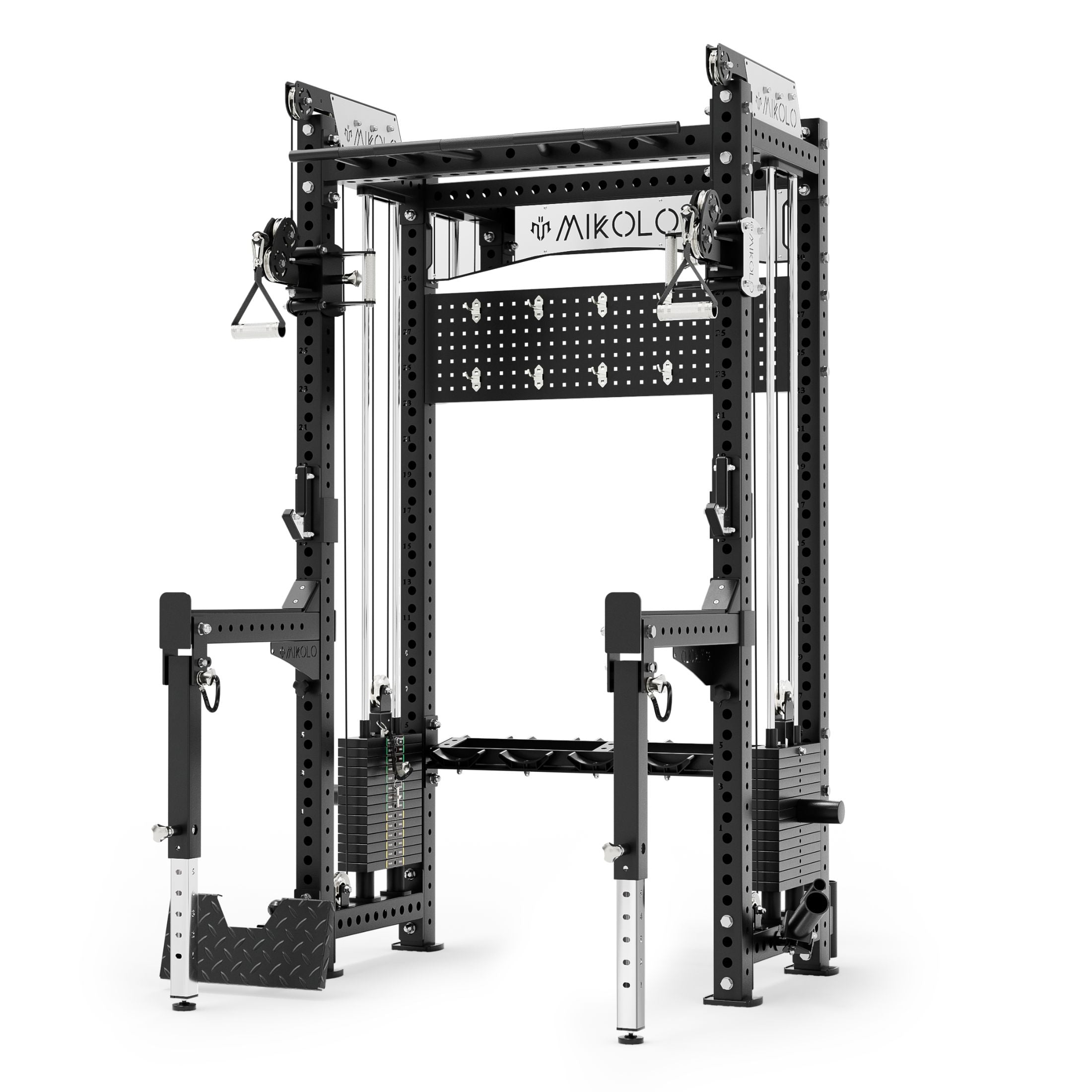
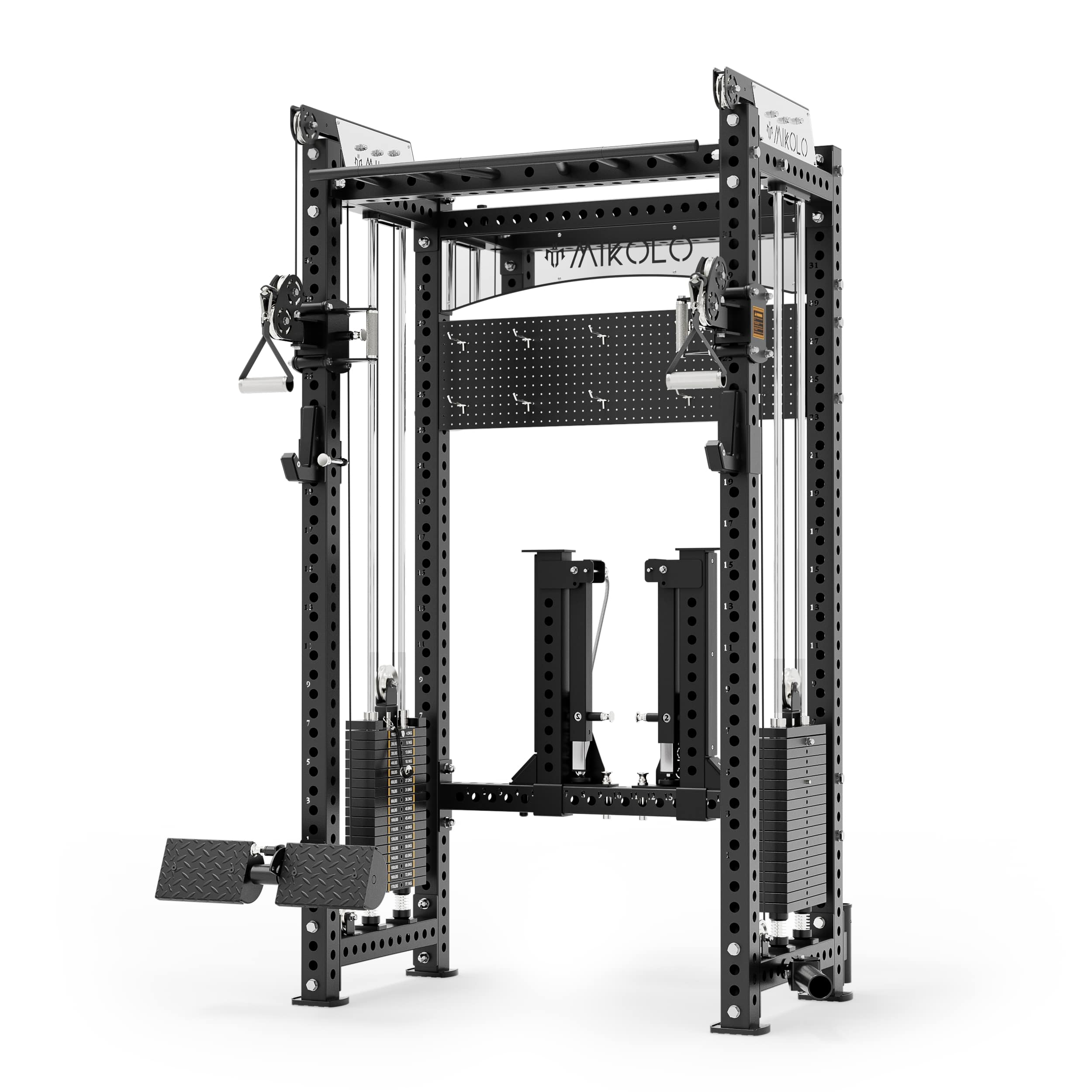
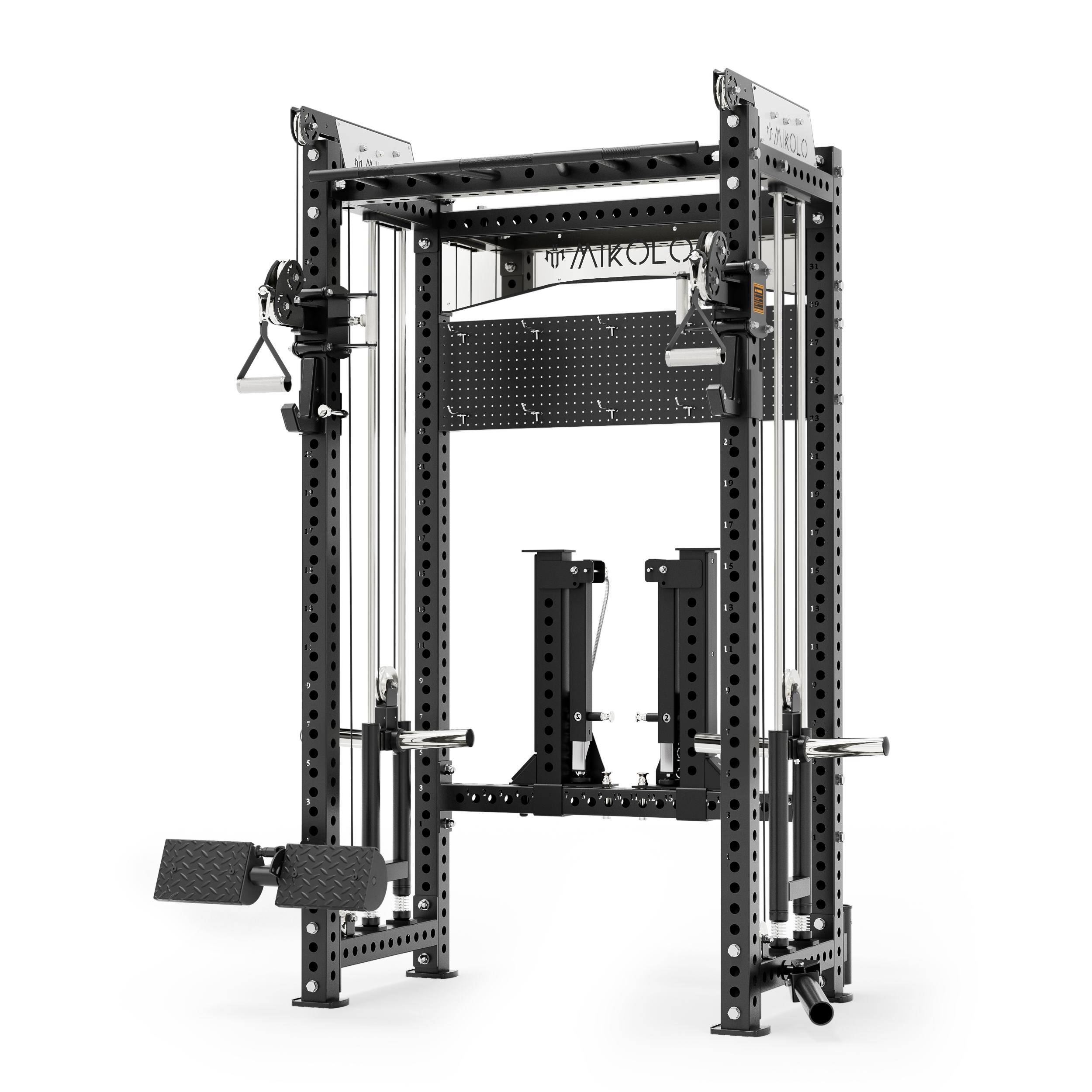


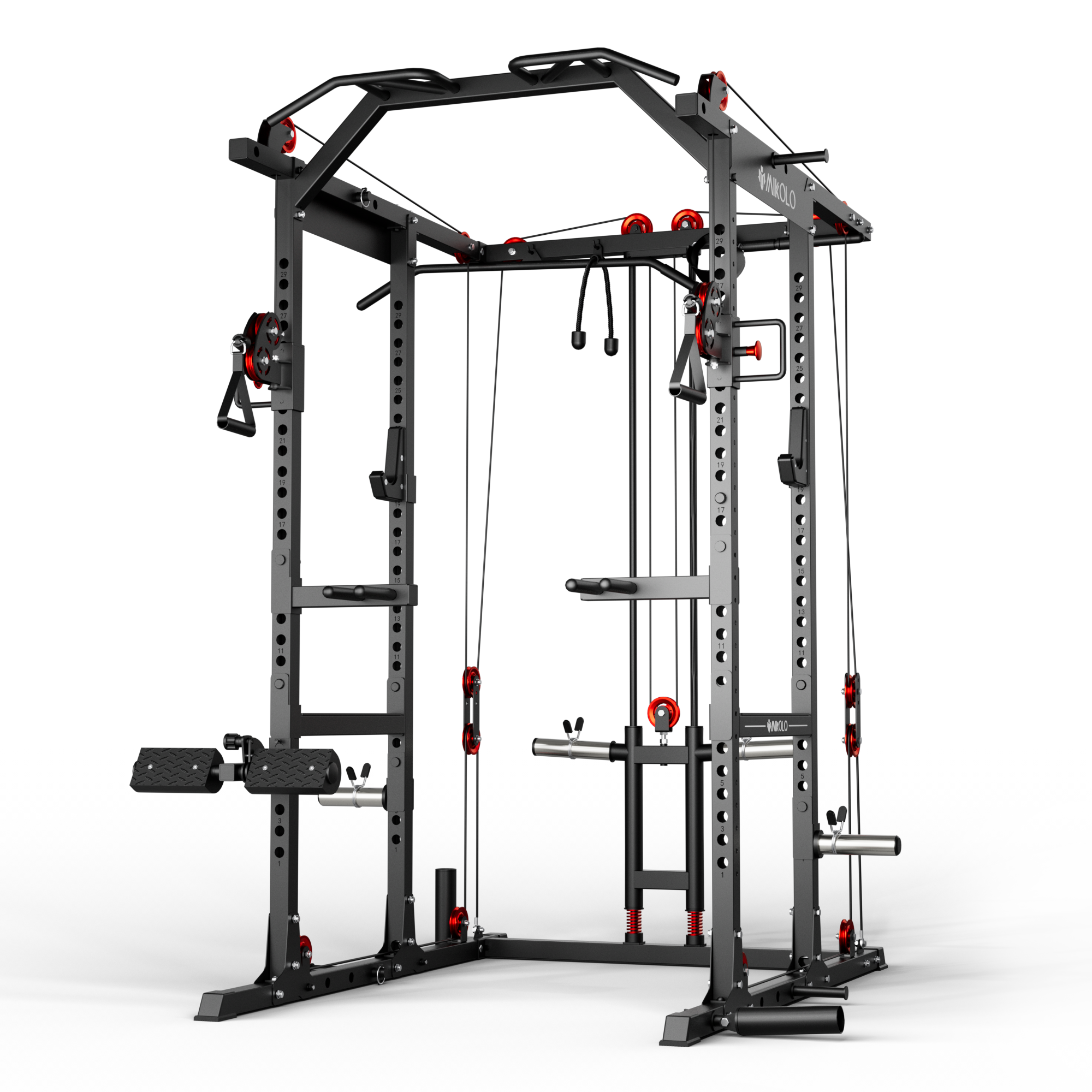


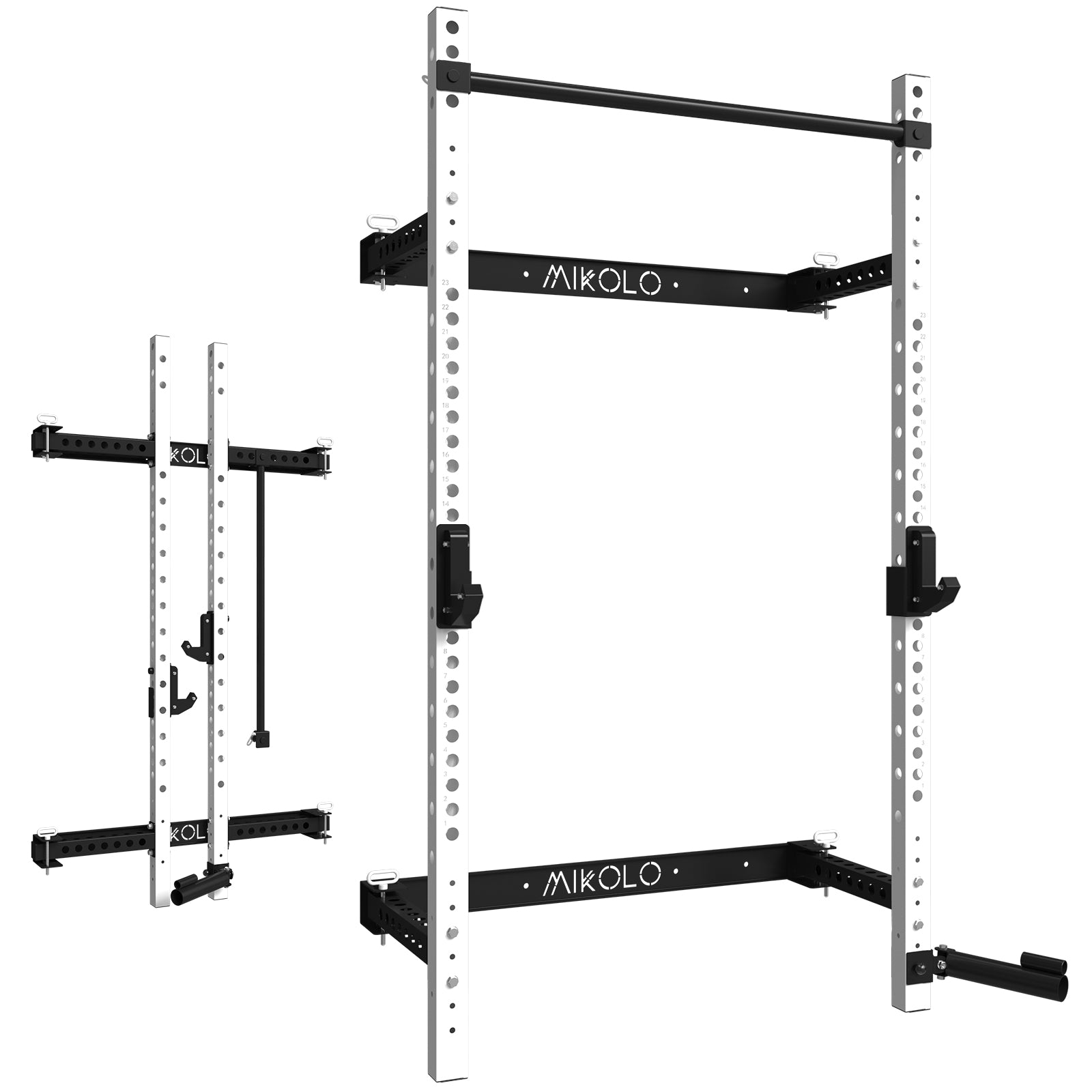


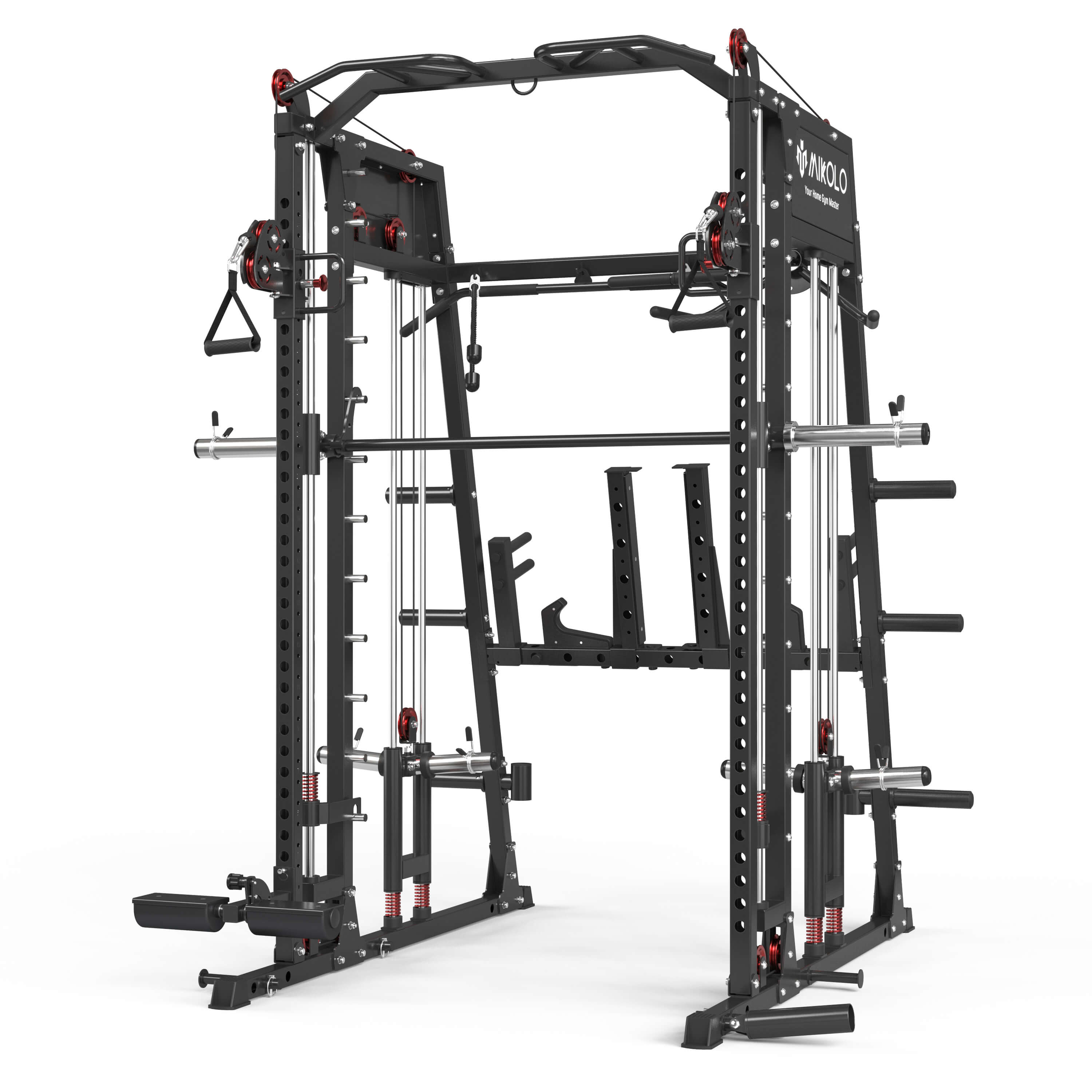
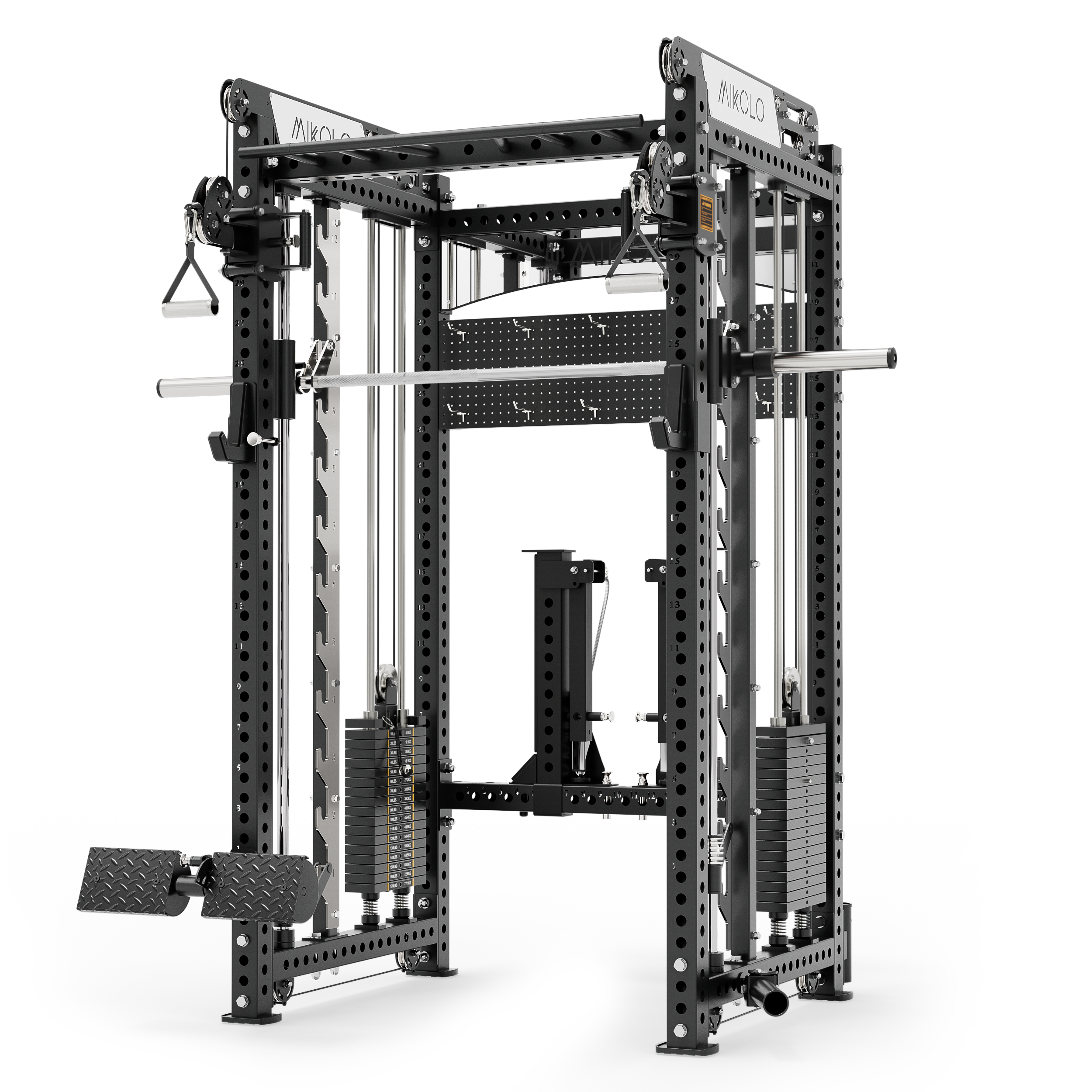
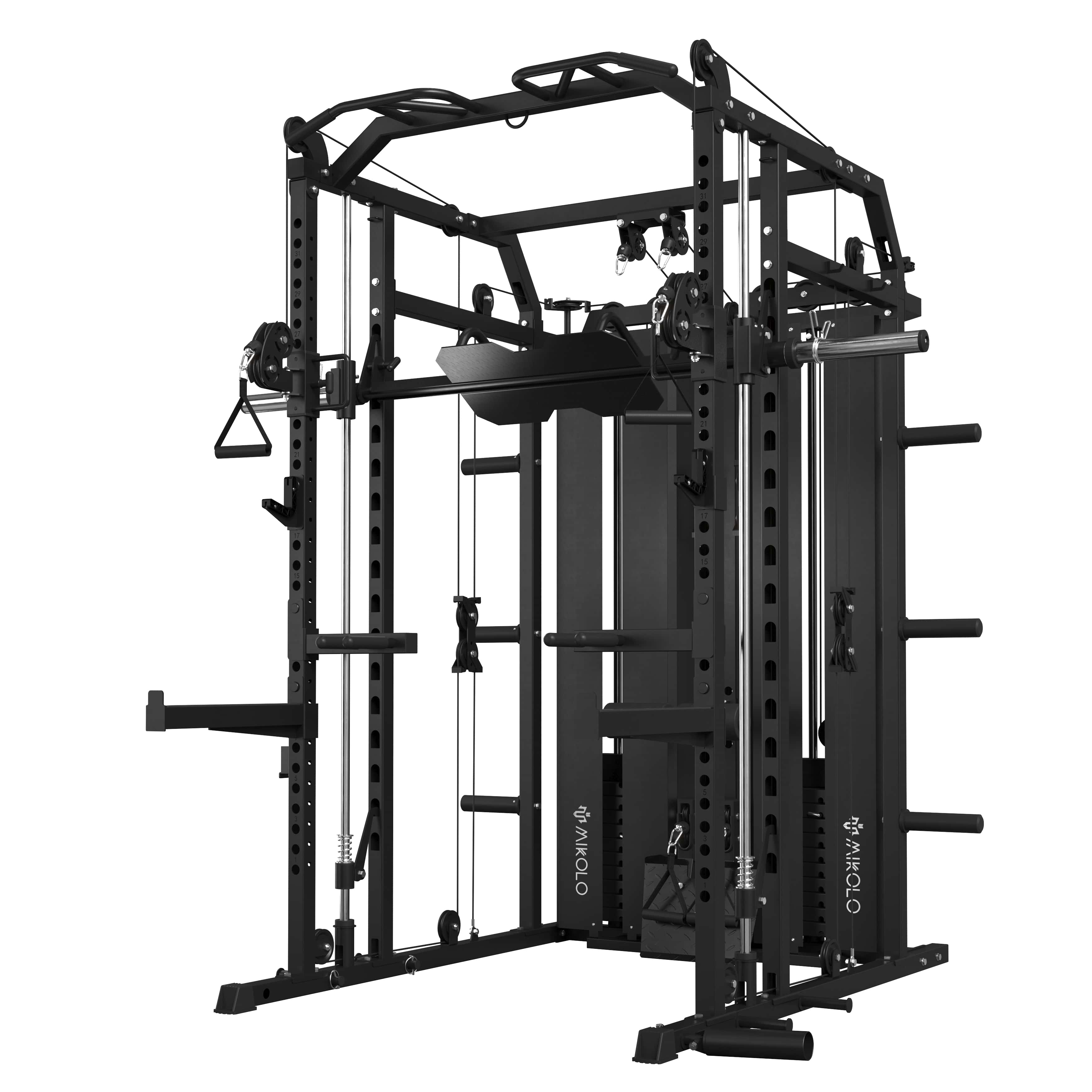
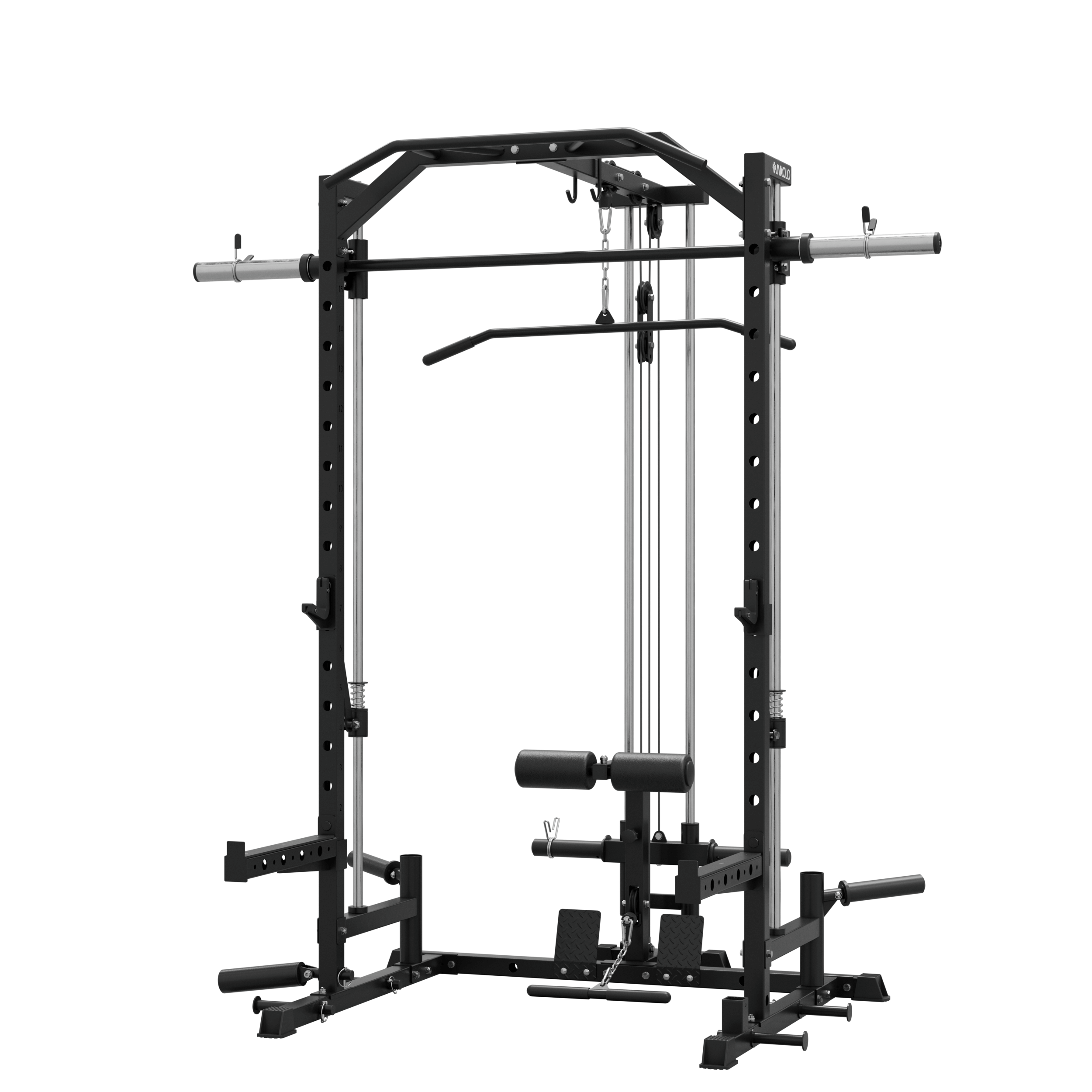
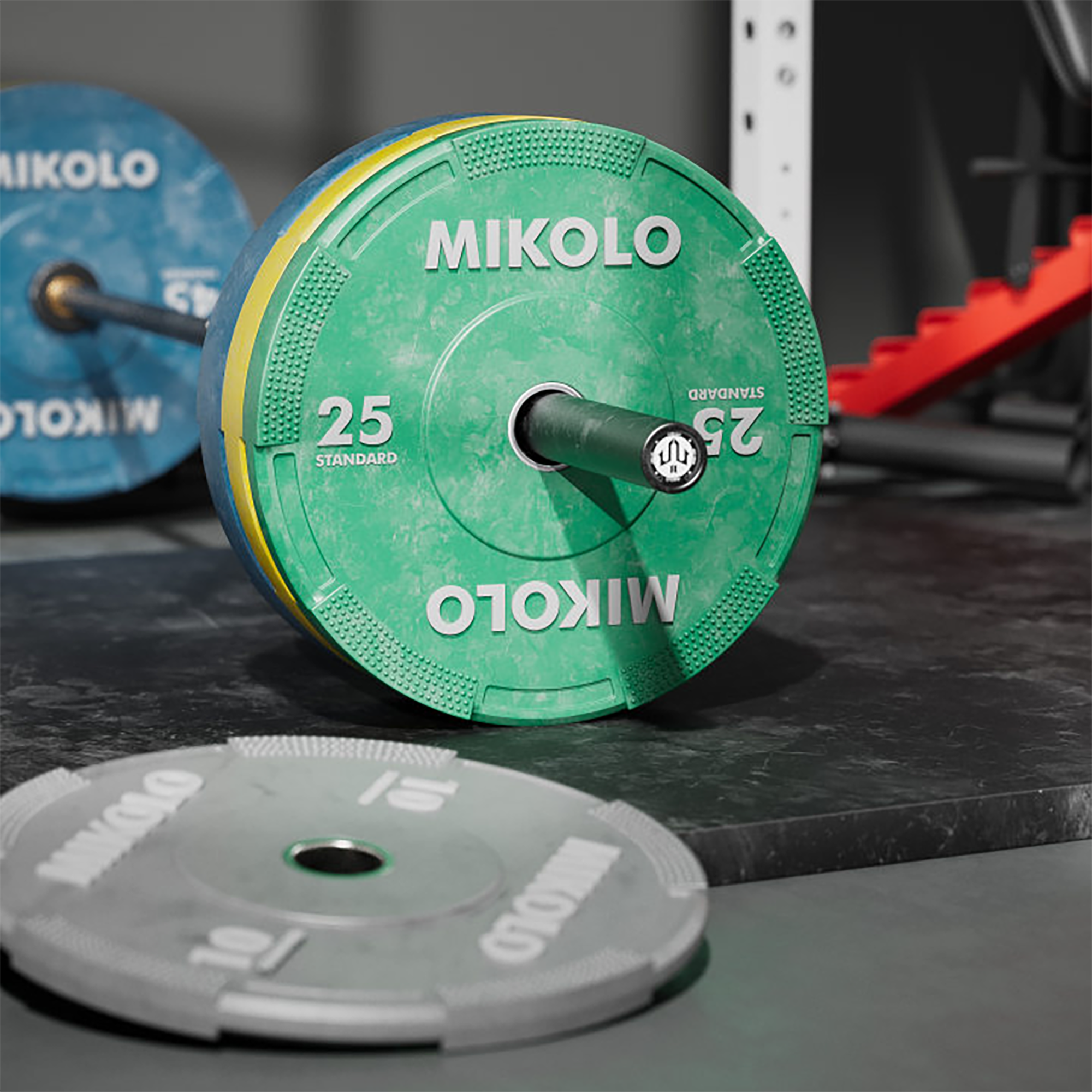


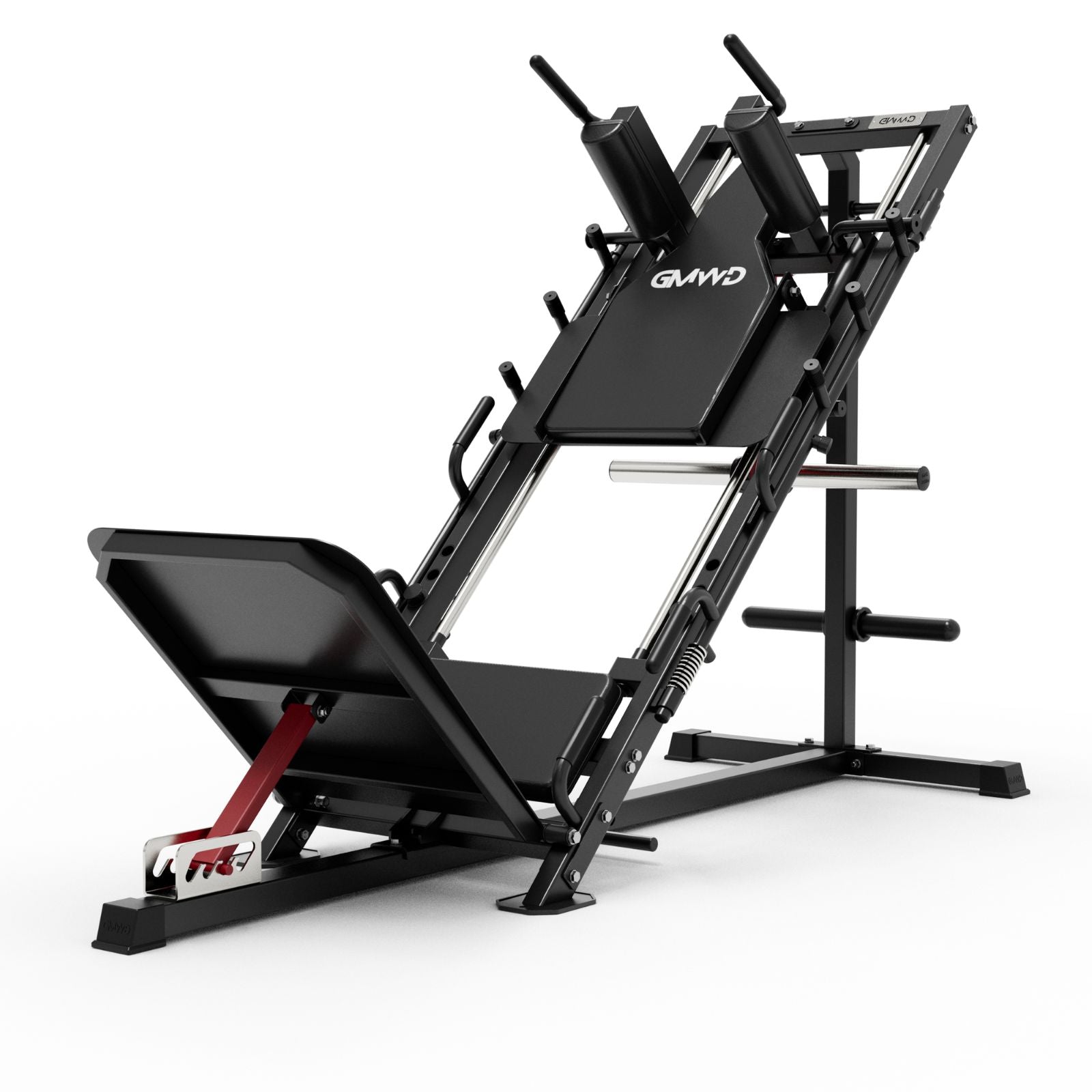


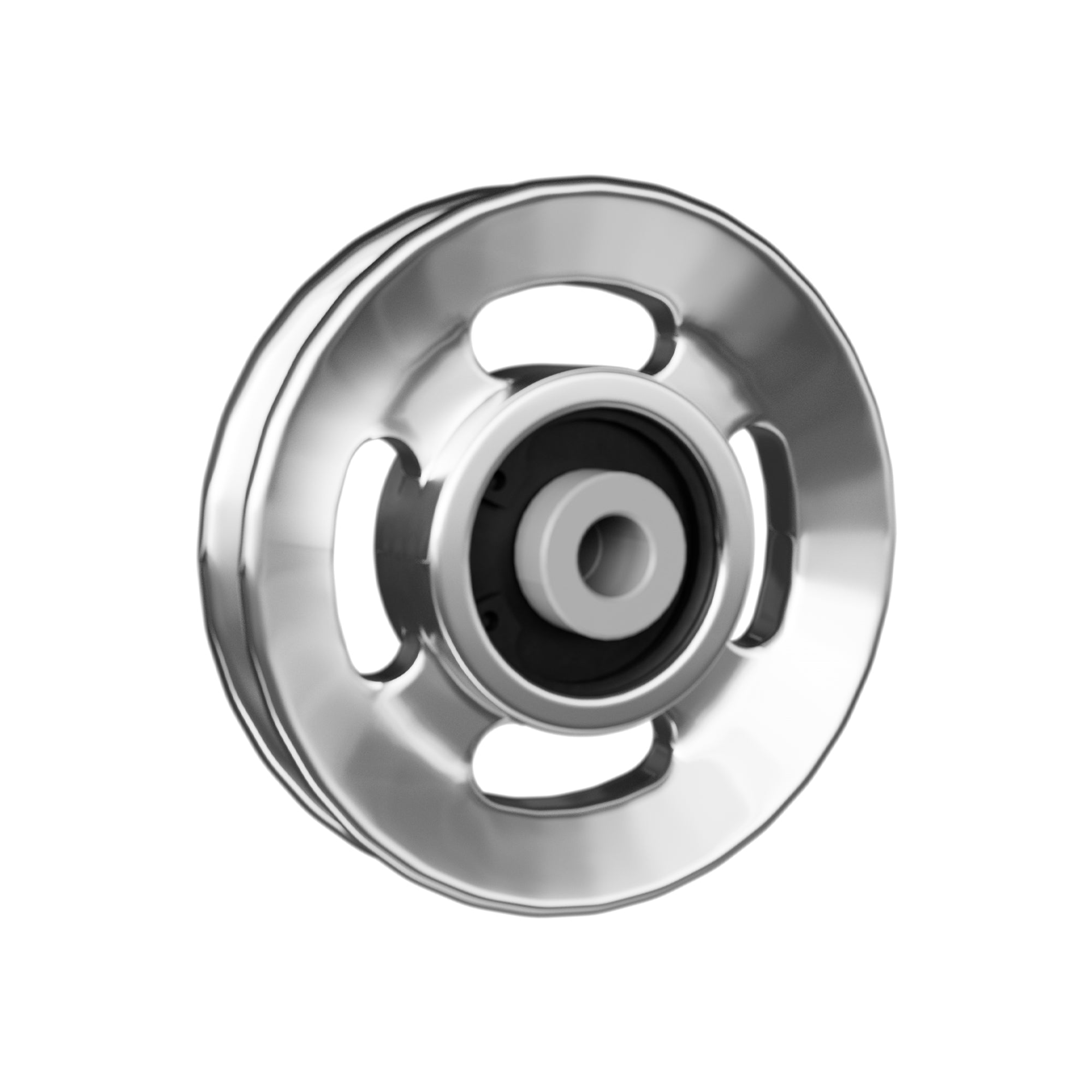
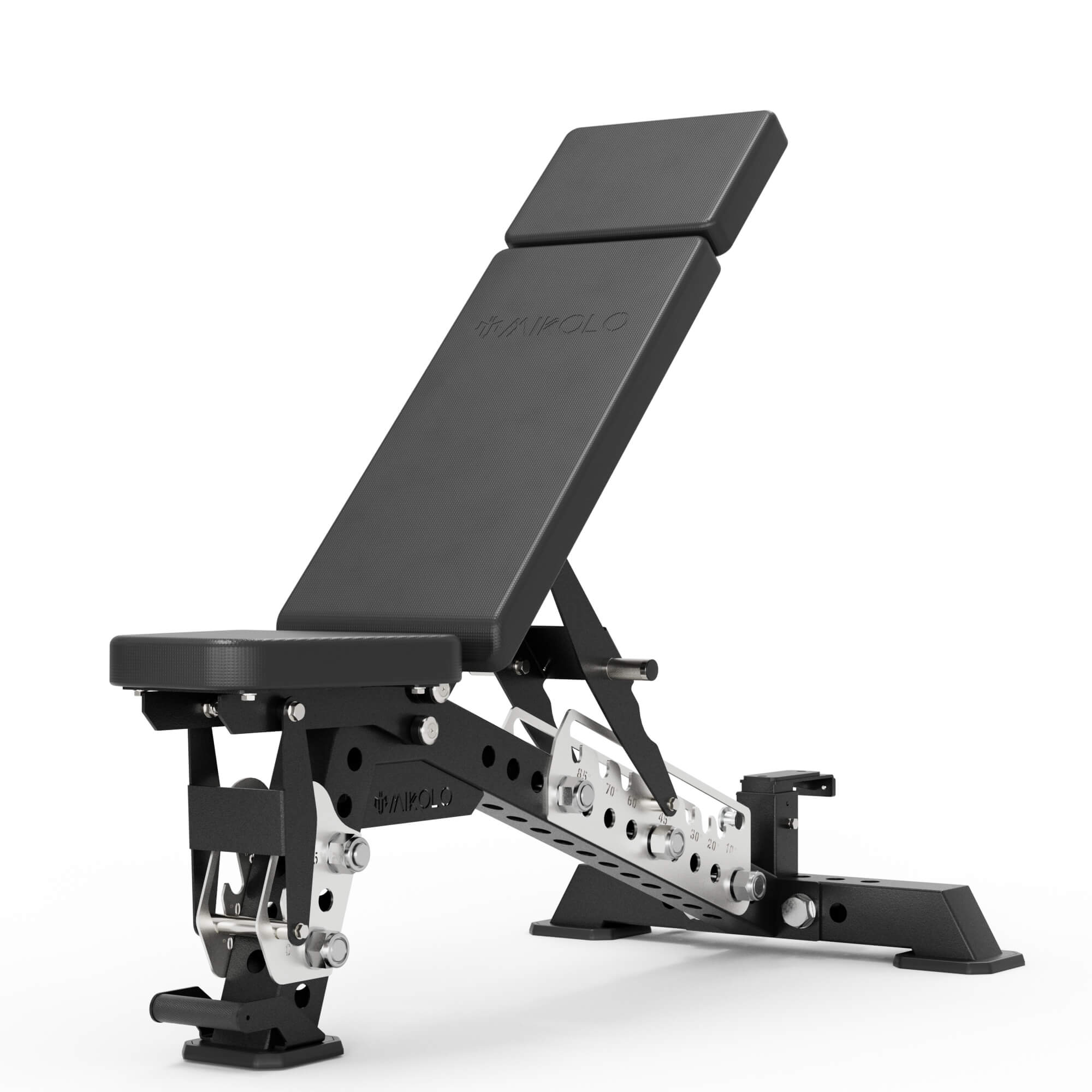
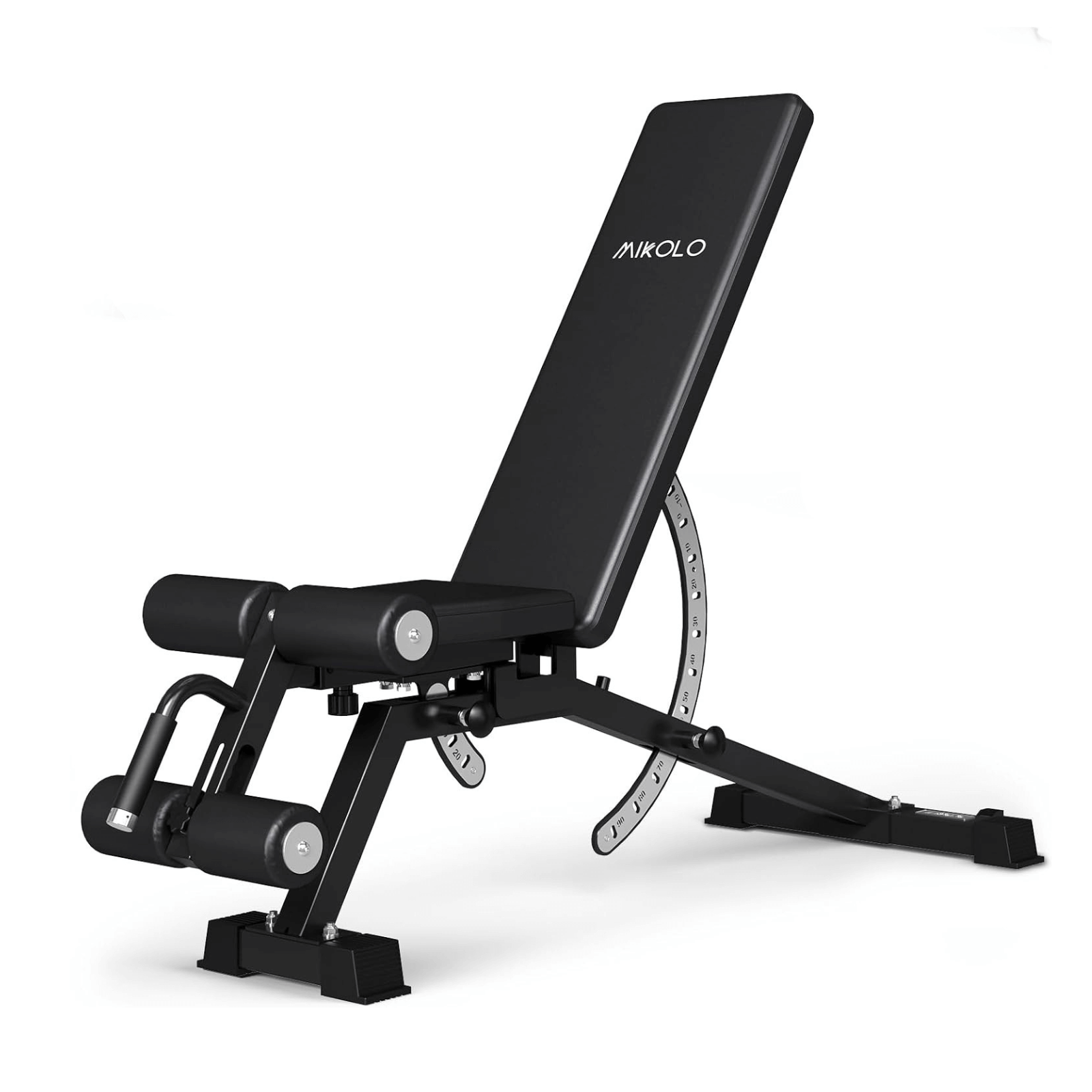



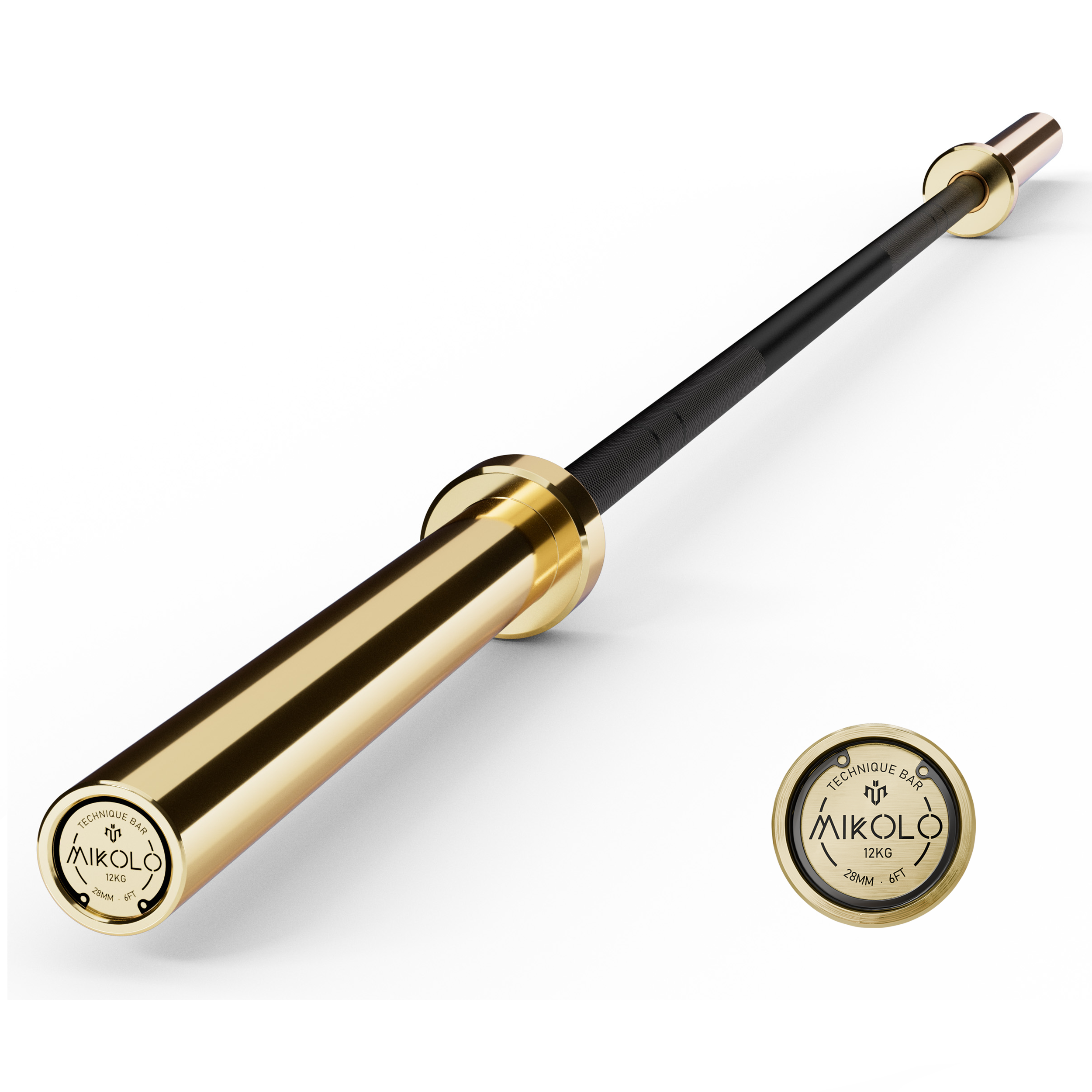
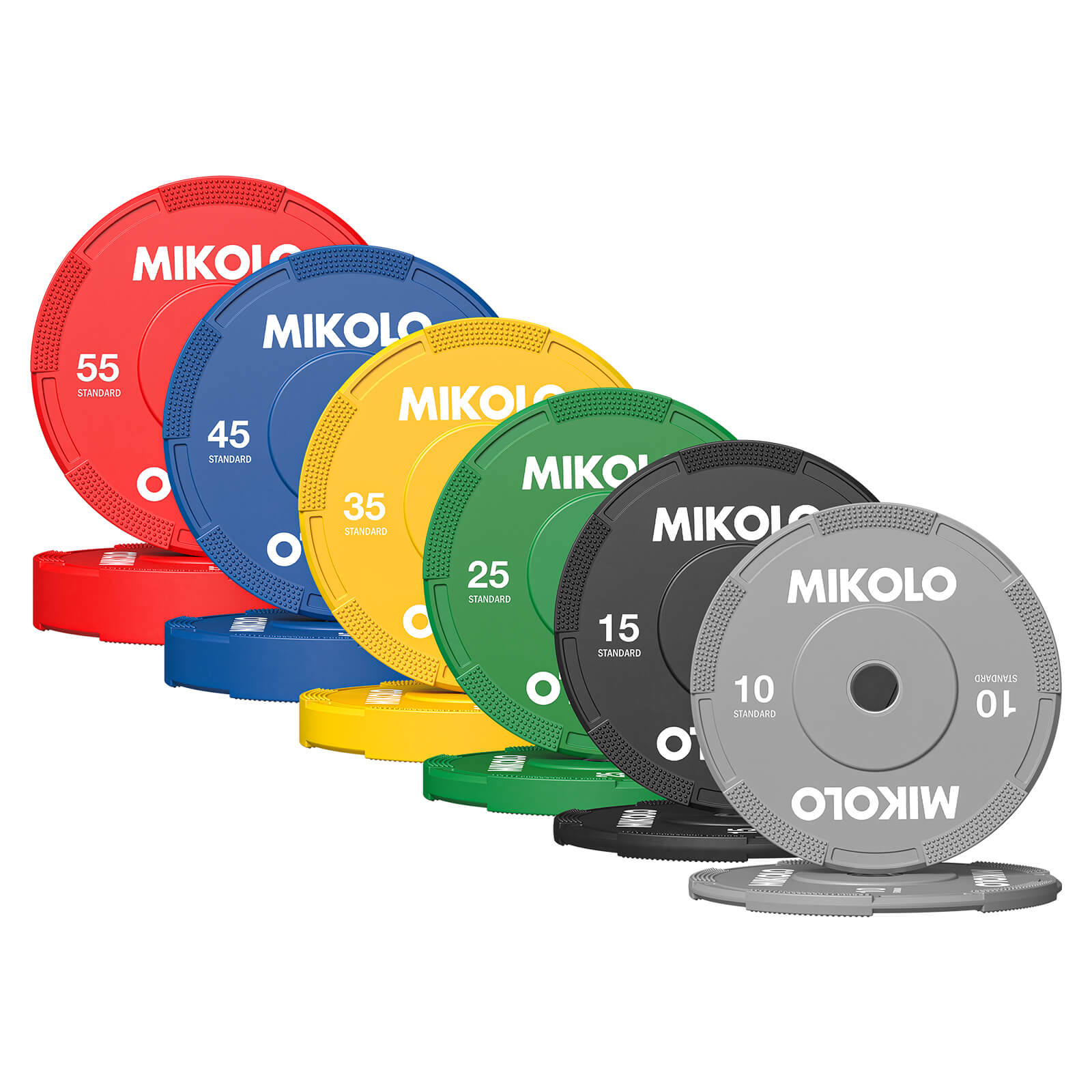

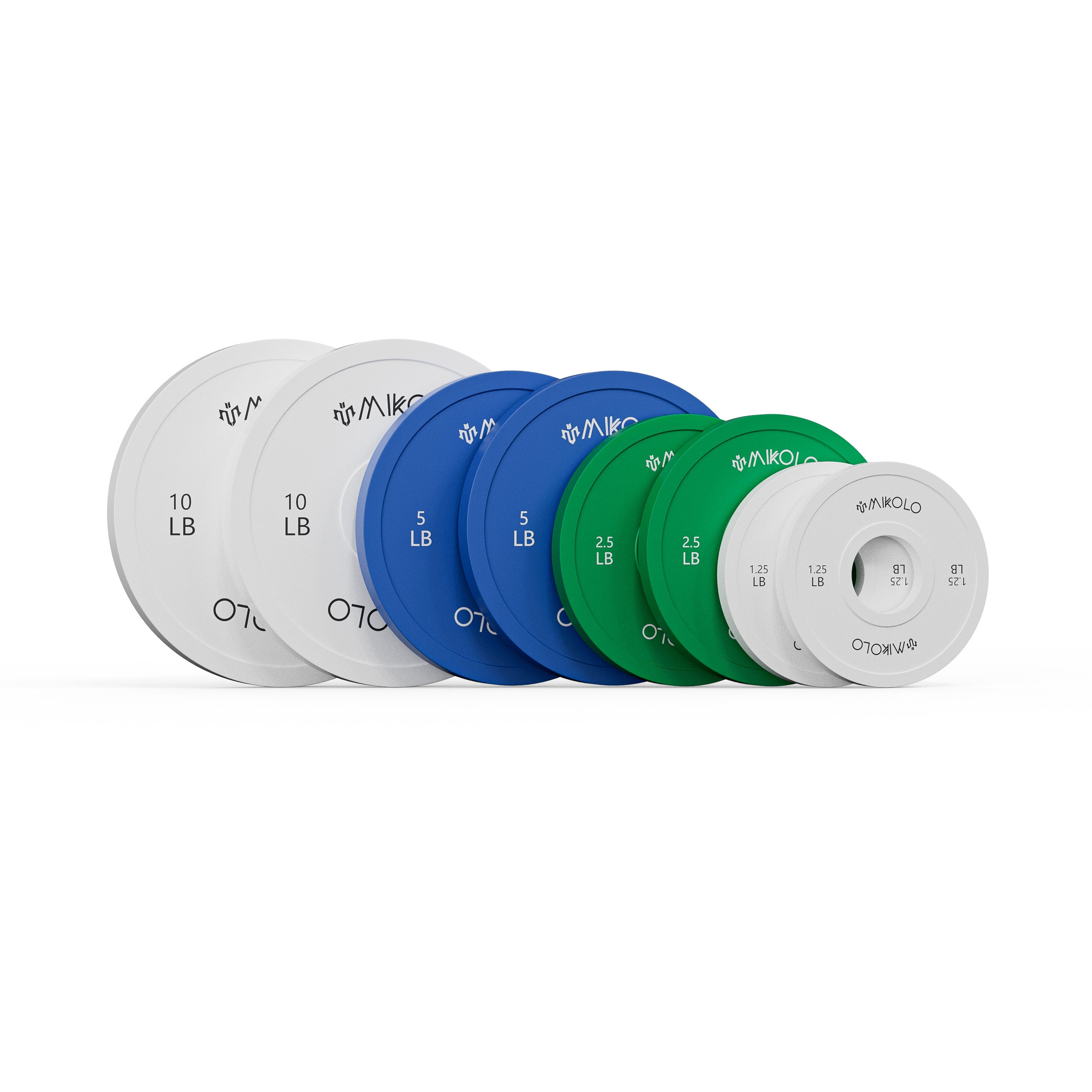

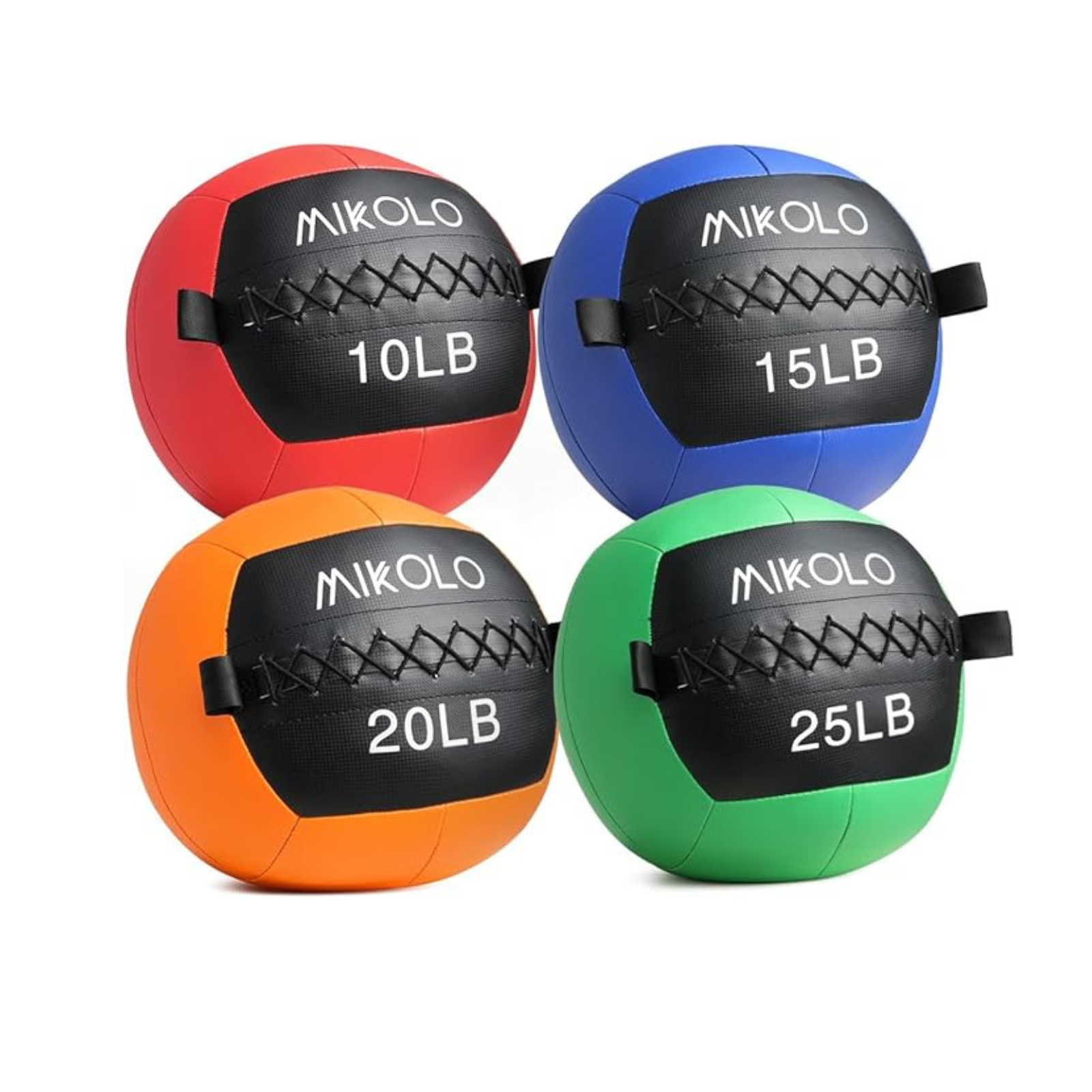
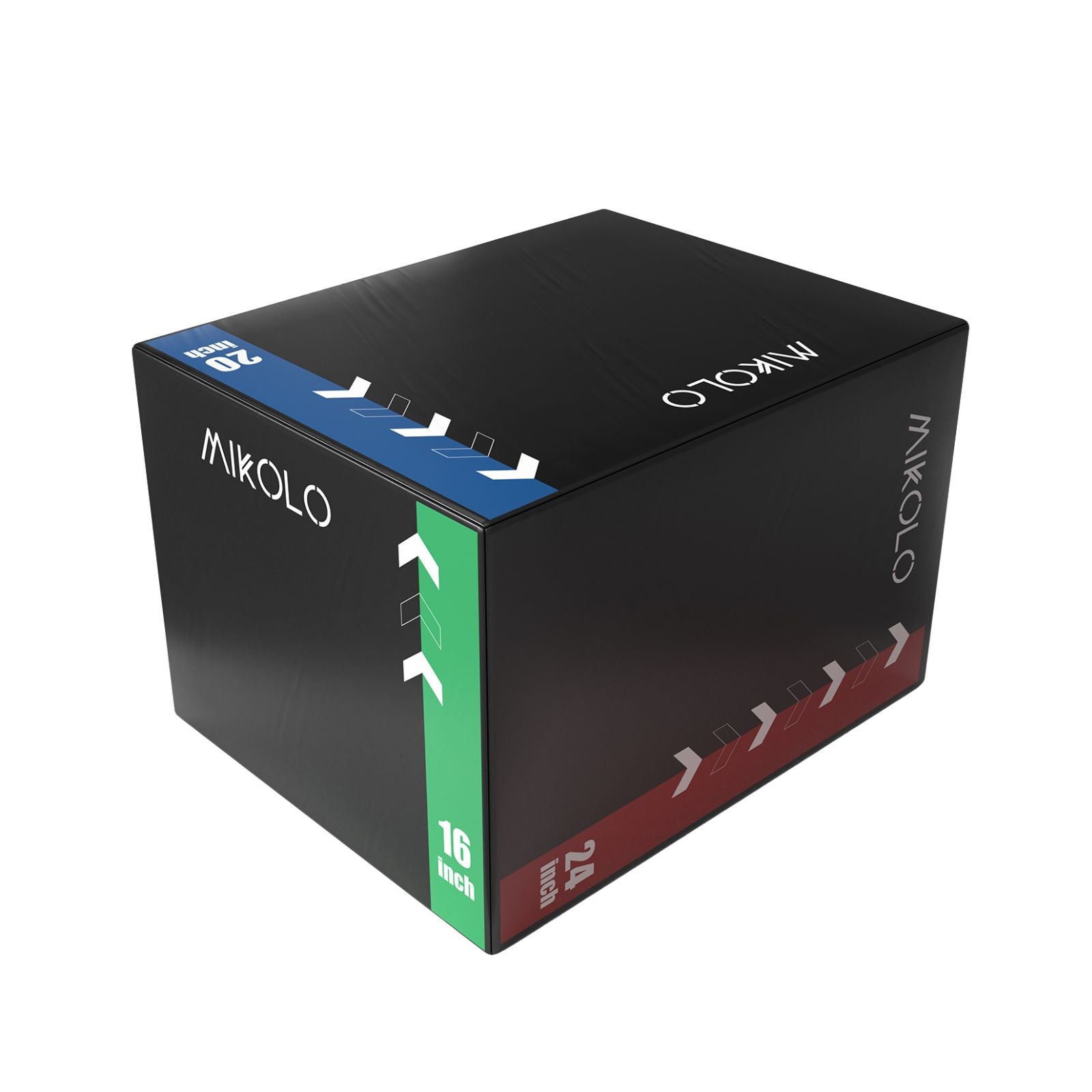






Leave a comment
This site is protected by hCaptcha and the hCaptcha Privacy Policy and Terms of Service apply.